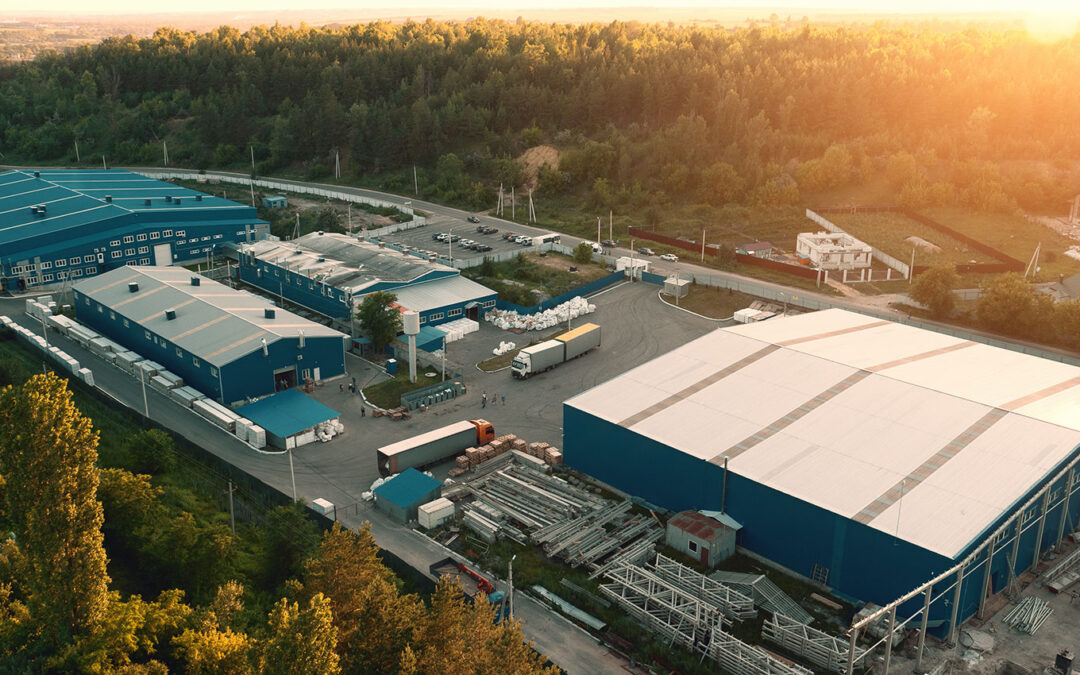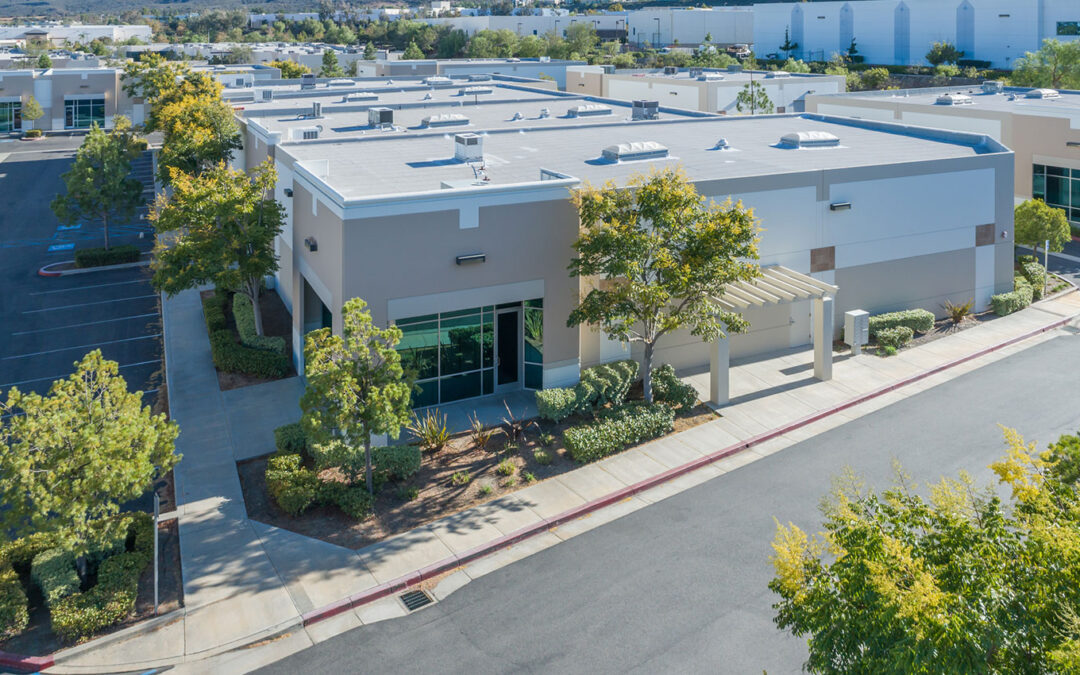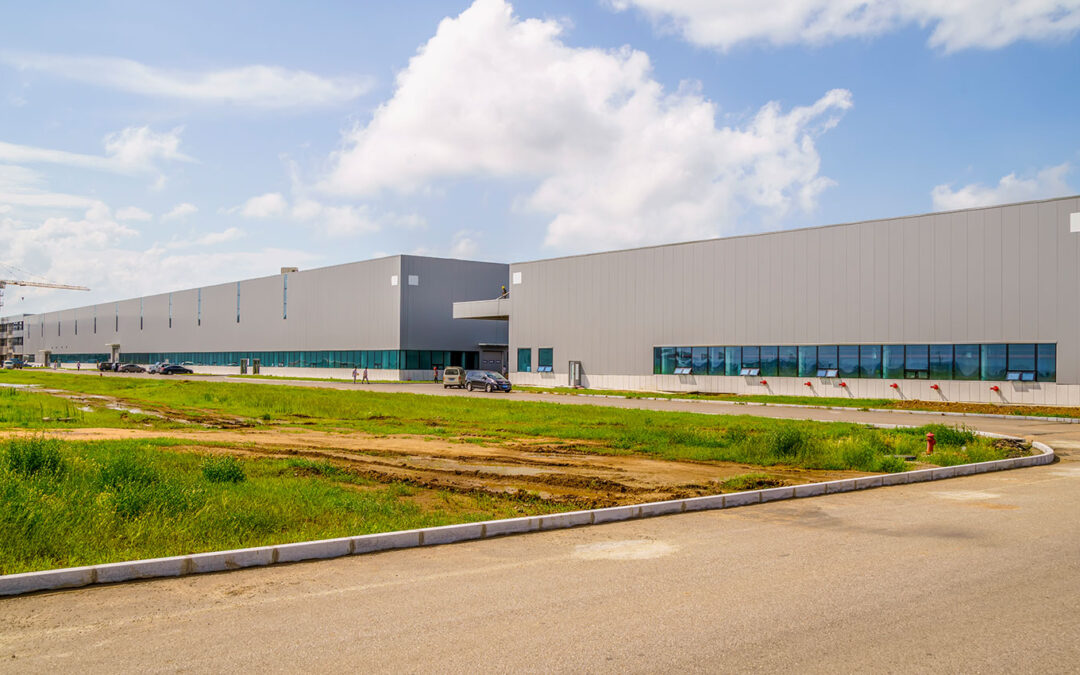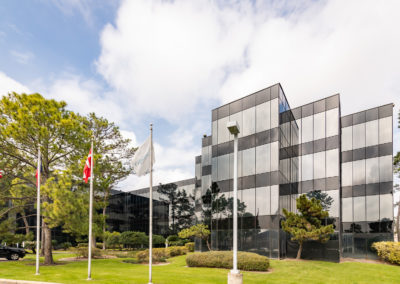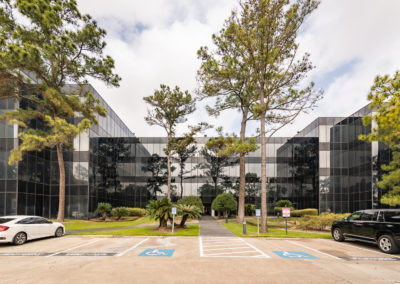Environmental, Social, and Governance (ESG) is a set of criteria that investors use to evaluate their stocks to keep their portfolios as socially responsible and as sustainable as possible. ESG in real estate involves applying the awareness that investment properties can have a significant social impact on the environment. This can be attained through social housing, construction of green buildings, social housing, and public space rehabilitation.
In this article, we explore the importance of ESG real estate investing, including its importance and the social factors that real estate investors need to consider. This blog aims to shed light on the impact of climate change on real estate risks and opportunities. We also touch on how you can make responsible decisions on real estate investment, brokerage, management, and development with the help of Belvoir.
In real estate development, sustainability involves the use of environment-friendly design, technology, and construction materials in building a structure. Doing this not only helps the environment by reducing a home’s carbon footprint but also allows homeowners to incur less operating costs in the long run.
Why is sustainability important in real estate?
With sustainability as its focal point, ESG in commercial real estate and residential redevelopment can yield a range of benefits that offer better investment outlooks. One of its benefits is lower consumption of our limited natural resources. As ESG awareness increases worldwide, more and more homes are expected to catch up with standards of sustainability. This growing trend helps future-proof your real estate investments.
Another benefit of sustainable homes is higher income potential for sellers. The U.S. Department of Energy cited a study by the University of California in Berkeley and Los Angeles which found out that homes with energy-efficient labels sold at a higher price than those without. Green homes are valued at a higher premium compared to non-sustainable ones. Implementing sustainable practices now rather than later is a profitable venture.
According to the U.S. Energy Information Administration (EIA), the cost of residential electricity is expected to rise in 2022, and it is not the only resource that is projected to have a price increase. With these expected price hikes, residential redevelopers can meet the needs of homeowners who are aiming to get ahead of the increasing electricity prices. Doing this generates more demand for energy efficient homes and upgrades.
ESG Trends in Real Estate
Millennials are influencing real estate investment decisions with their heightened awareness of equity and the environment. With this in mind, companies are continuously incorporating ESG principles into practices involving energy use, human rights, and environmental stewardship.
According to Wolters Kluwer, there will not just be an increase in the demand for more sustainable products next year. There will also be more drive for climate positivity and requirements for corporate disclosures on sustainability from regulatory agencies. These disclosures are expected to include data on air emissions, greenhouse gas calculations, and energy use trends.
ESG Considerations for Real Estate Investors
Before diving into ESG property investment, there are factors that you need to consider. The first ones are the things that fall under the E of ESG, which cover physical and environmental risks that threaten the income and value of your asset. These include floods, climate change, water conservation, waste disposal, and renewable energy usage.
The second set of ESG considerations for real estate investors falls under the social aspect, which covers human issues and company culture. These factors include how well employees are treated, the right wages for all workers, and the benefits that employees get from their job. Aside from that, you need to consider if an environment encourages personal development and if it sources its building materials from ethical sources.
Lastly, ESG investors need to know that the management of an asset also cares about all of its stakeholders. Factors under governance include compensations, incentives, shareholder returns, and diversity of the board. While these criteria do not help you determine which assets provide solid returns, they should be able to assist you in finding socially responsible real estate development and investment opportunities.
How to Make a Responsible Investment
Socially responsible property investments (SRPI) come in various forms, but not all of the ESG criteria apply to each of them. This is why it is important to assess each investment according to ESG factors, then weigh its benefits against its drawbacks. Here are two of the top investment choices:
- Real estate investment trust (REIT): Similar to stocks, trading REITs provide you with a steady stream of cash dividends and potential capital gains. However, the share prices are volatile and can drop when property values fall.
- Private equity real estate funds: This allows you to access deals that are not available to the public and has a high internal rate of return (IRR). The downsides include its lack of liquidity, limited availability, and longer term investment invariability.
Making Wise Real Estate Investment Decisions
When investing in real estate, you need to consider future trends in the industry, ESG factors, sustainability, and the pros and cons of each option. Belvoir can also assist you in making sound real estate investment decisions. Visit their site to know more about this topic or to consult with their experts.













